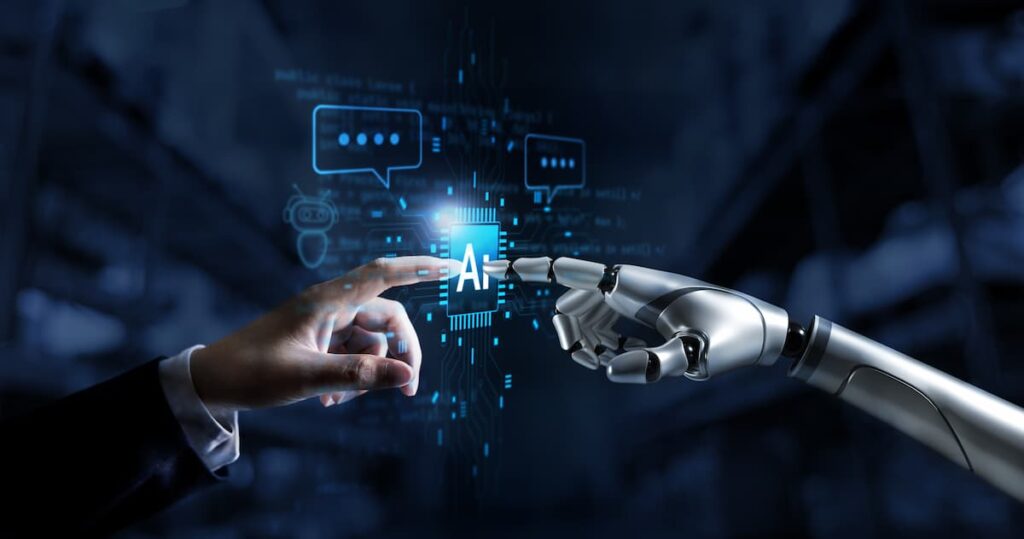In a move poised to reshape the future of global technology markets, President Donald Trump has confirmed plans to rescind Biden-era restrictions on AI chip exports. The regulations, originally introduced to prevent critical technology from reaching foreign adversaries, faced strong opposition from major technology companies concerned about America’s competitive edge.
During a Senate committee hearing on AI regulation held Thursday, US Senator Ted Cruz (R-Texas) praised Trump’s decision, emphasizing its importance for maintaining innovation. “I vocally opposed this rule for months,” Cruz stated, announcing plans to introduce new legislation creating a “regulatory AI sandbox” modeled after the early internet regulatory approach under President Bill Clinton. Executives from OpenAI, AMD, Microsoft, and CoreWeave testified at the hearing, advocating for a more flexible framework to accelerate AI development in the United States.
Concerns Over Global AI Leadership
The original export restrictions, set to take effect on May 15, divided countries into three regulatory tiers based on security concerns. Nations like the United Kingdom, Spain, and Germany faced minimal restrictions, while China and Russia were subject to the strictest constraints. However, the classification of countries falling into the second tier raised alarms among American tech giants.
Microsoft President Brad Smith warned that second-tier nations might turn to China for AI services if US companies were hindered by regulatory hurdles. In a February statement, Smith noted, “The unintended consequence of this approach is to encourage Tier Two countries to look elsewhere for AI infrastructure and services.” AI chip leader Nvidia also publicly opposed the curbs, aligning with broader industry sentiment urging innovation and faster AI adoption.
Tech Industry Pushes for Balanced AI Growth
Throughout the hearing, tech leaders stressed the importance of AI in fostering economic growth and innovation. Smith argued that AI should be used to enhance human potential rather than replace workers, stating, “Are we trying to build machines that will outperform people, or are we trying to build machines that will help people pursue better jobs? Indisputably, it needs to be the second.”
Sam Altman, CEO of OpenAI, highlighted Apple’s investment in creating the largest AI training facility in the world in Texas. Altman emphasized the need for more domestic infrastructure to maintain America’s leadership in artificial intelligence, noting the critical role such projects play in strengthening the nation’s technological foundation.
Meanwhile, ethical concerns surrounding AI technology were also raised. A recent report by nonprofit Common Sense Media warned of “unacceptable risks” AI apps pose to children and teenagers. Altman responded by expressing willingness to collaborate on frameworks to protect young users, stating that the intersection of AI and social relationships demands urgent attention.
Geopolitical Stakes in the AI Race
The Trump administration’s approach signals a broader strategy to position the United States as a leader in AI and tech manufacturing. Vice President JD Vance recently criticized “excessive regulation” as a threat to America’s technological advantage, warning that it could “kill a transformative industry just as it’s taking off.” Trump’s focus on domestic manufacturing expansion, citing investments by Apple and TSMC, reflects a commitment to revitalize America’s tech supply chains amid rising competition from China.
Tensions between the US and China have intensified, particularly following the rise of DeepSeek, a Chinese startup whose R1 model claims performance comparable to OpenAI’s at a fraction of the cost. Smith underscored the stakes during the hearing, noting, “The number one factor that will define whether the United States or China wins this race is whose technology is most broadly adopted in the rest of the world.”
The policy shift also coincides with looming tariffs on semiconductor products, as Trump evaluates broader changes to the electronics supply chain. With the rescinding of AI chip restrictions, the administration aims to strengthen America’s position at a pivotal moment in the global technological arms race.


